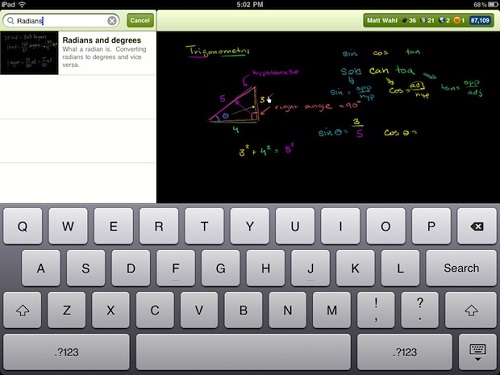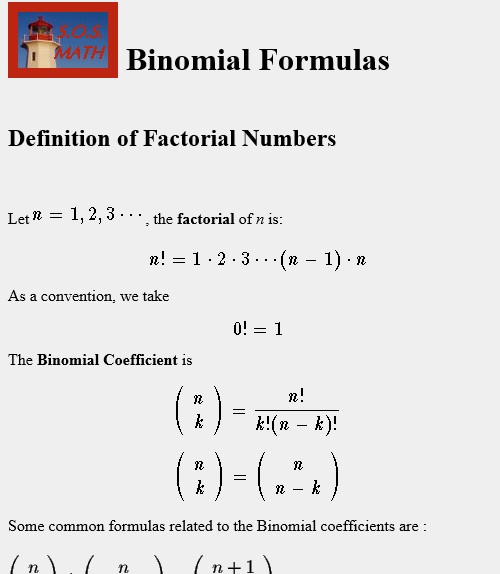This week, we will continue our series on the research needs of the major disciplines taught at IU East with a look at mathematics. People approach math for numerous reasons – studying historical mathematics or mathematicians, practical math (including solving problems and learning formulas), using math as a ‘language’ for another discipline, such as engineering or one of the sciences, or for researching new or unproven hypotheses. Studying these disparate elements requires different approaches. Math is also a diverse field, and the needs and goals of, say, calculus are much different from those of geometry or statistics. They use a common ‘language’, but their purpose and what each subfield describes are quite distinct. Some tacks are similar to research performed in other fields, and can be handles by standard databases.
Because mathematics can be said to deal in raw truth more than other disciplines (for example, no matter what language you speak or number base system you use, if you mess around with circles long enough, you’ll eventually encounter pi), currency is generally not a factor, making a database like JSTOR ideal – articles written decades ago will almost always be as accurate as newer ones. Wiley Online also provides wide math coverage from number theory to discrete equations, as well as tying it to other STEM fields. MathSciNet is a very large database, but only includes article citations – use it far enough in advance of your due date to use interlibrary loan. Some education databases like ERIC also contain great mathematics content. And if you want videos, try the Khan Academy on the free web (you will need to create an account with them to watch their videos). All of our other math-oriented databases can be found listed here.
So, if we were interested in researching Axiomatic Geometry, but specifically only since Euclid, we might pick JSTOR and try a search like this one:
geometry AND (axiom* OR postulate* OR synthetic) NOT euclid*
Notice that we are using general techniques and searching for several concepts at once (as well as excluding another). We have used several synonyms for ‘axiomatic’ in order to make sure we get the articles we need on the topic, just in case the authors use a less standard word to describe it. In the same way, if we were looking for proofs in multilinear algebra, we might try a search like this:
algebra* AND (multilinear OR multivector) AND proof*
Even though we are looking for practical rather than historical mathematics here, our search structure remains much the same. But practical math – solving problems, testing or establishing proofs, applying formulas – can have special needs for a researcher, beyond these types of databases.
PRACTICAL MATH
Most of what math classes entail is not scholarship about math history. It’s learning how to do it. And many of the practical concerns of math education can be served by books rather than journals. In the physical library, the entire QA range deals with math books. When you look through the shelves in our library, everything that has a call number beginning with QA is the section you want to browse. QA101-141.8 deals with basic arithmetic, QA150-272.5 is for algebra, QA273-280 is statistics, and QA440-699 is for geometry and trigonometry books. We have many ebooks, too – and these can be used for historical topics, such as the development of medieval Arab mathematicians, as well as the more practical topics of problems or proofs.
Dissertations are also a good source for exploring math topics, and ProQuest Dissertations is an excellent source for these. Many are available in full text, on topics throughout the spectrum of math subjects. And to find formulas, there are plenty of free sources online for tables, formulas, conversions, and other major tools of practical math work, such as the ones produced by Math Medics. Consult them for quick reference.
With so many quality mathematics resources available to you, you’ll be able to do great research. But if you have any questions, please contact us at iueref@iue.edu!



